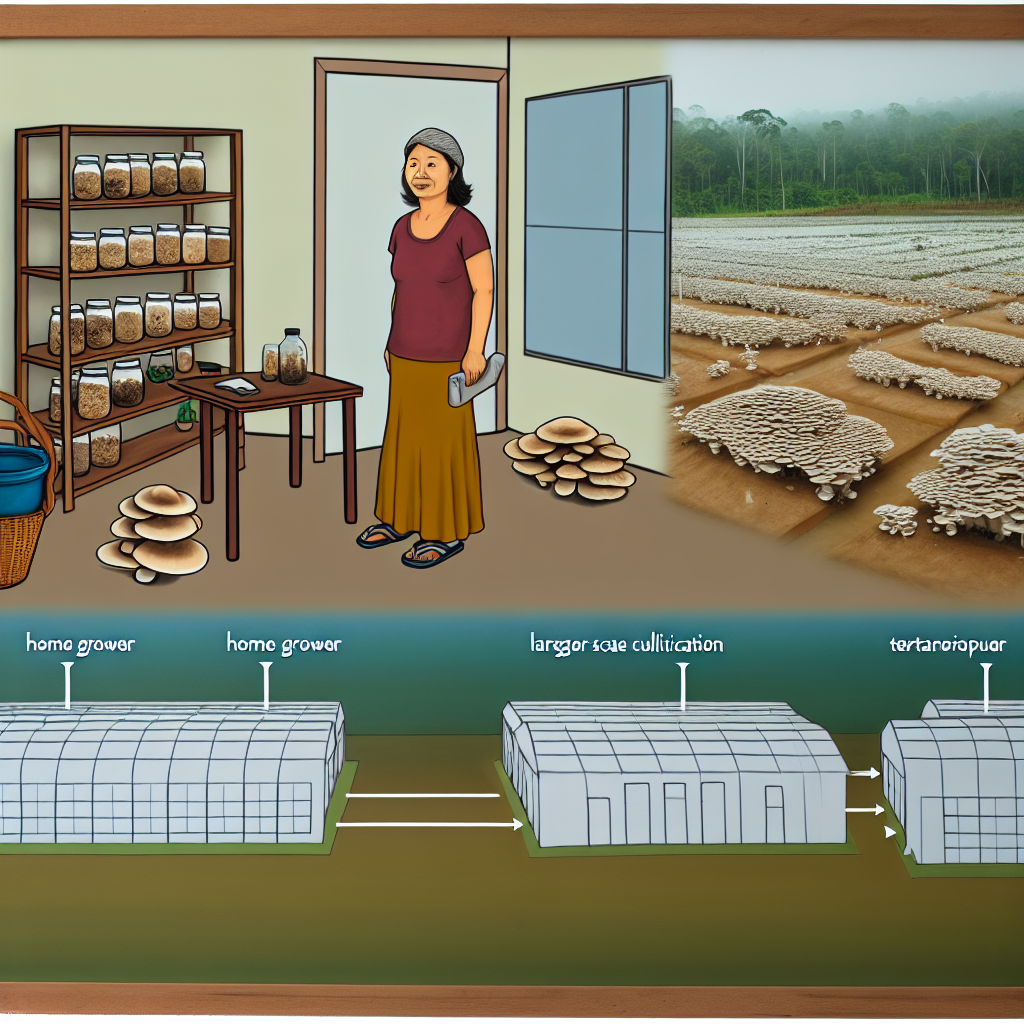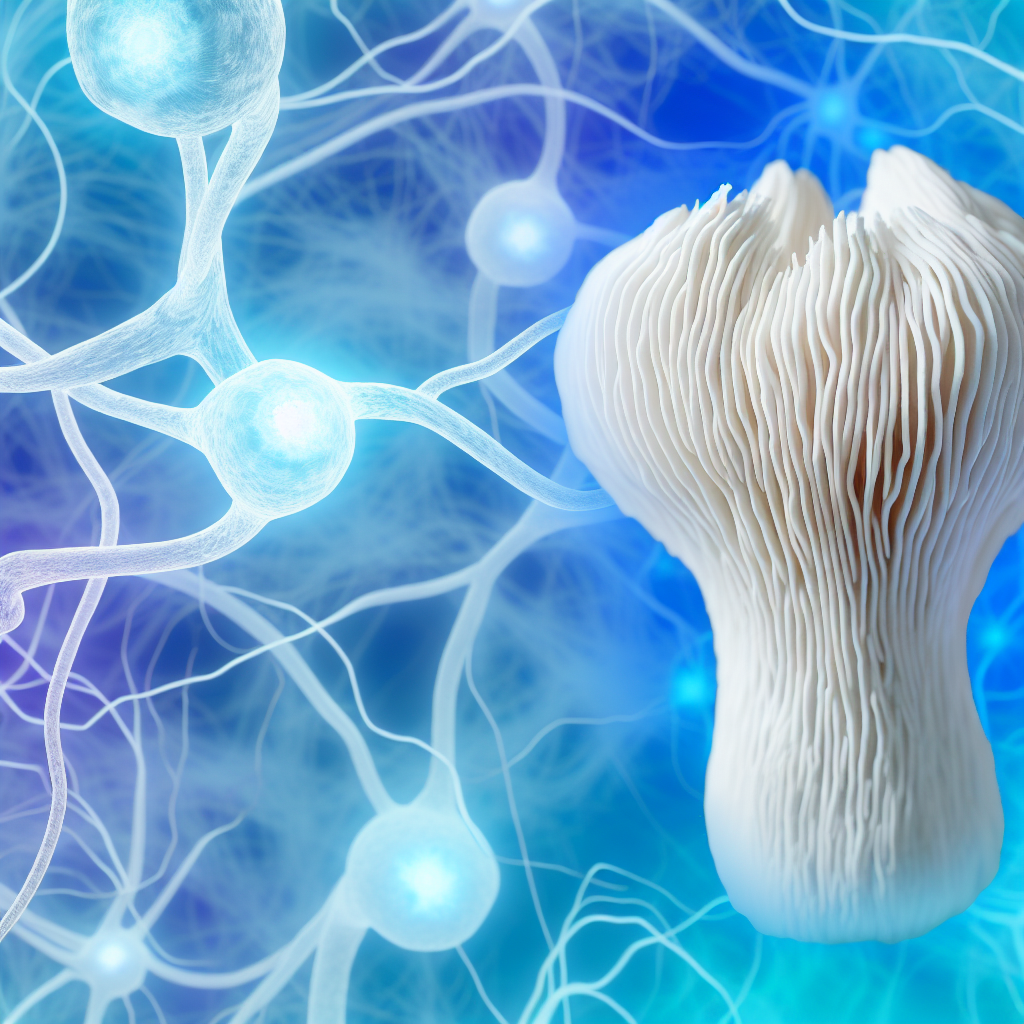Psilocybin Therapy Access Programs: Navigating Compassionate Use Pathways
In the evolving landscape of psychedelic medicine, psilocybin therapy is making significant strides as a breakthrough treatment for mental health disorders such as depression, anxiety, PTSD, and substance use disorders. Compassionate Use Programs (CUPs) and Expanded Access Programs (EAPs) are designed to provide patients with serious or life-threatening conditions access to investigational therapies not yet approved by regulatory bodies like the U.S. Food and Drug Administration (FDA).
Psilocybin, the psychoactive compound found in “magic mushrooms,” is now making its way into more formal medical frameworks through these pathways, allowing eligible patients to gain early access to this transformative treatment. As part of the emerging field known as psychedelic-assisted psychotherapy (PAP), psilocybin therapy combines a standardized dose of the compound with structured psychological support before, during, and after the experience.
These access programs are rapidly developing, but navigating them can be complex. Understanding the legal, medical, and ethical contours of these programs is crucial for patients, caregivers, and healthcare professionals seeking to explore psilocybin as a viable treatment option.
Groundbreaking Research: The Science Behind Psilocybin Access
Several landmark studies within the past decade have laid the foundation for therapeutic psilocybin use, supporting its inclusion in compassionate access initiatives. Most notably, the groundwork was laid by research at institutions like Johns Hopkins University, Imperial College London, and NYU Langone Health.
In 2016, Johns Hopkins published a study in the Journal of Psychopharmacology demonstrating that a single high-dose psilocybin session significantly reduced symptoms of depression and anxiety in patients with life-threatening cancer diagnoses—with effects lasting up to six months (source).
In a similar New York University study, 80% of participants experienced substantial reductions in anxiety and depression symptoms following controlled psilocybin therapy (source).
In 2020, a double-blind study by the Center for Psychedelic and Consciousness Research at Johns Hopkins reported that psilocybin treatment led to rapid and sustained relief in major depressive disorder (MDD), with 71% of participants showing a clinically significant response and 54% achieving remission after only two sessions (source).
The results of these studies directly influenced regulatory decisions. The FDA’s Breakthrough Therapy Designation for psilocybin, granted to both COMPASS Pathways and Usona Institute, allows accelerated development and review of therapy protocols that offer significant advantages over existing treatments.
Global and Local Access: Where Psilocybin Therapy is Available
Currently, psilocybin therapy is being offered under specific Compassionate Use Access settings. In Canada, Health Canada’s Section 56(1) exemptions have been used to legally allow terminally ill patients access to psilocybin for end-of-life distress. Sponsors like TheraPsil have guided patients and therapists in navigating these exemptions, offering training and treatment support (source).
In the United States, the Right to Try Act, passed in 2018, provides a legal avenue for terminal patients to access investigational drugs without FDA approval if all standard treatments have failed. In early 2022, advocacy groups such as the ACLU filed lawsuits aiming to widen these pathways for psilocybin use (source).
Oregon’s Measure 109, passed by voters in 2020, goes a step further by creating a statewide licensing and supervisory system for psilocybin-assisted therapy, expected to be fully implemented by 2024. Similarly, Colorado’s Proposition 122, passed in 2022, enables the regulated use of natural psychedelics, including psilocybin, for therapeutic purposes.
Though still in developmental stages, these initiatives represent critical access points for patients and practitioners advocating for alternative approaches to mental health and end-of-life care. The success of these programs hinges not only on medical efficacy but also on continuous dialogue between researchers, healthcare providers, patients, and policymakers.
The Future of Healing: Why Compassionate Use of Psilocybin Matters
The rise of psilocybin therapy access programs marks a transformative shift in the treatment of mental health disorders and palliative care. Compassionate Use Pathways serve as a vital lifeline for patients in need, empowering them to explore new frontiers in healing. As research continues to validate the safety and efficacy of psilocybin-assisted treatments, compassionate access is not just a possibility—it is becoming a medical imperative.
**Summary:**
This article explores the emerging field of psilocybin therapy and the growing availability of Compassionate Use Programs (CUPs) and Expanded Access Programs (EAPs) that provide patients with serious or life-threatening conditions access to this investigational treatment. It delves into the groundbreaking research behind psilocybin’s therapeutic potential, the global and local initiatives offering access, and why these compassionate use pathways are crucial for the future of mental health and palliative care.
**References:**
1. [Johns Hopkins University. Psilocybin and cancer-related depression and anxiety](https://journals.sagepub.com/doi/10.1177/0269881116675512)
2. [NYU Langone Health. Psilocybin treatment for anxiety and depression](https://www.ncbi.nlm.nih.gov/pmc/articles/PMC5367557/)
3. [Johns Hopkins Medicine, 2020 Study on Major Depressive Disorder and Psilocybin](https://jamanetwork.com/journals/jamapsychiatry/fullarticle/2772630)
4. [TheraPsil, Canadian Psilocybin Compassionate Use Initiative](https://www.therapsil.ca/)
5. [ACLU lawsuit against DEA for Right-to-Try Psilocybin](https://www.aclu.org/press-releases/aclu-sues-dea-allow-access-psilocybin-used-end-life-care)
6. [Oregon Psilocybin Services Act (Measure 109)](https://www.oregon.gov/oha/PH/PREVENTIONWELLNESS/pages/Oregon-Psilocybin-Services.aspx)
7. [FDA Breakthrough Therapy Designation](https://www.fda.gov/news-events/press-announcements/fda-permits-study-psilocybin-depression-citing-breakthrough-therapy-status)

Dominic E. is a passionate filmmaker navigating the exciting intersection of art and science. By day, he delves into the complexities of the human body as a full-time medical writer, meticulously translating intricate medical concepts into accessible and engaging narratives. By night, he explores the boundless realm of cinematic storytelling, crafting narratives that evoke emotion and challenge perspectives. Film Student and Full-time Medical Writer for ContentVendor.com




